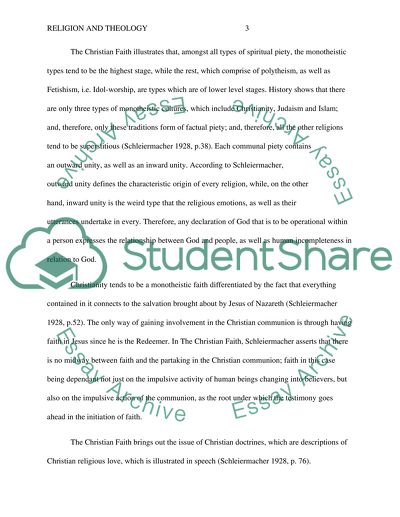Cite this document
(“The christian faith Literature review Example | Topics and Well Written Essays - 2500 words”, n.d.)
Retrieved de https://studentshare.org/religion-and-theology/1393999-book-review
Retrieved de https://studentshare.org/religion-and-theology/1393999-book-review
(The Christian Faith Literature Review Example | Topics and Well Written Essays - 2500 Words)
https://studentshare.org/religion-and-theology/1393999-book-review.
https://studentshare.org/religion-and-theology/1393999-book-review.
“The Christian Faith Literature Review Example | Topics and Well Written Essays - 2500 Words”, n.d. https://studentshare.org/religion-and-theology/1393999-book-review.


